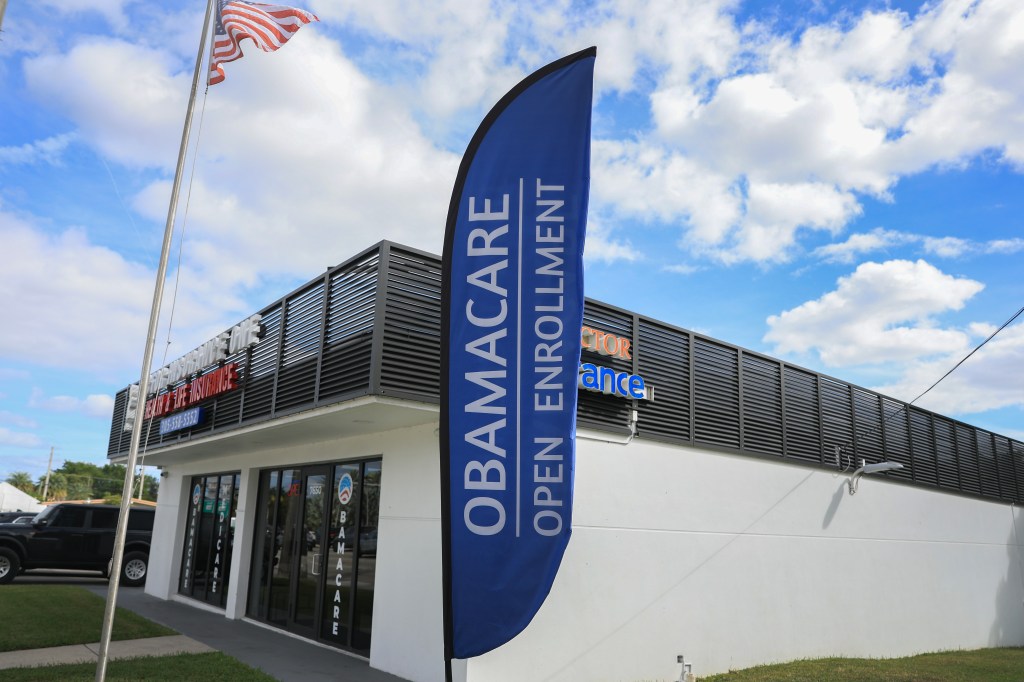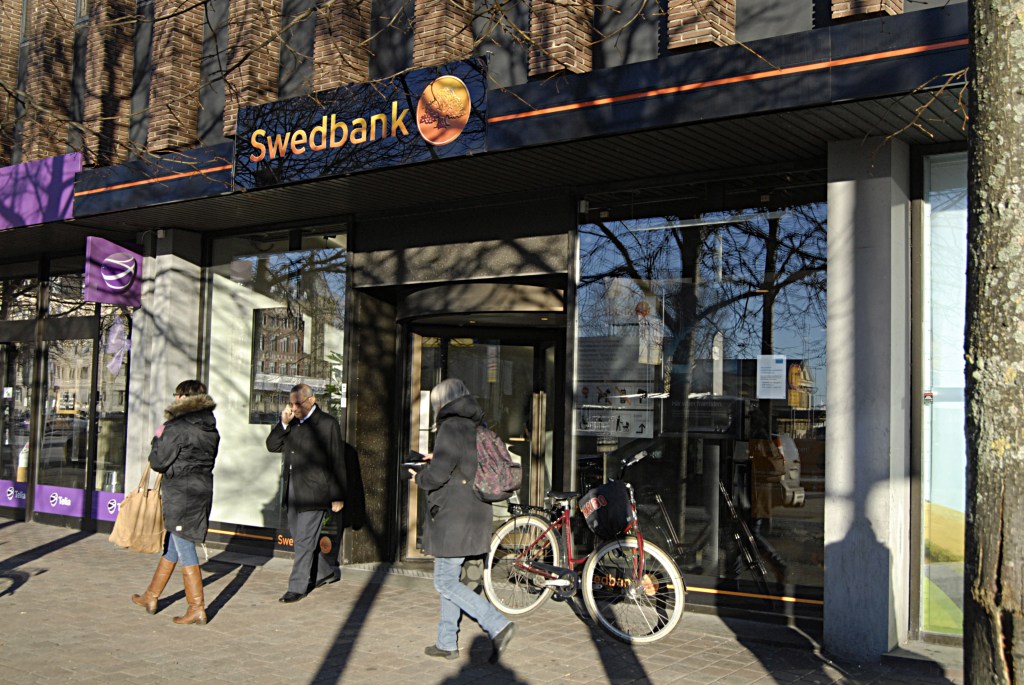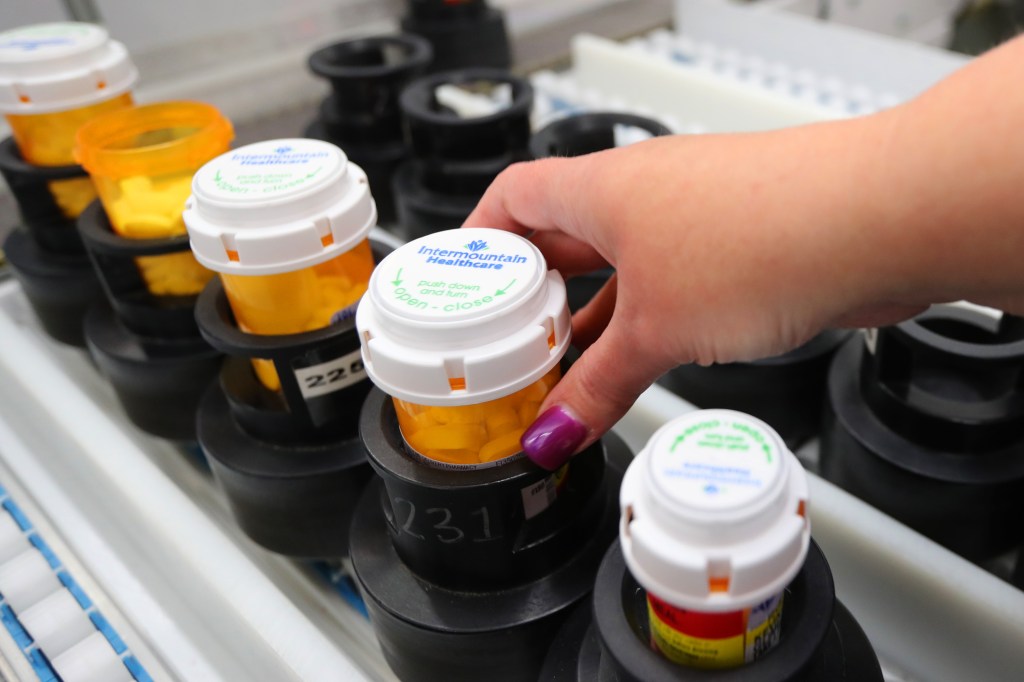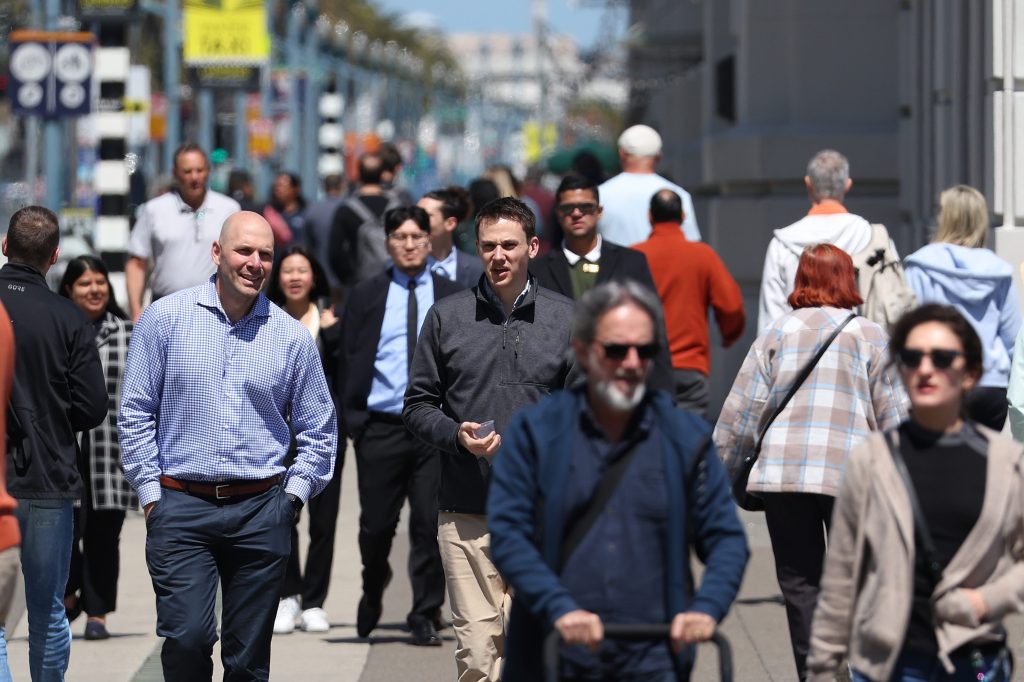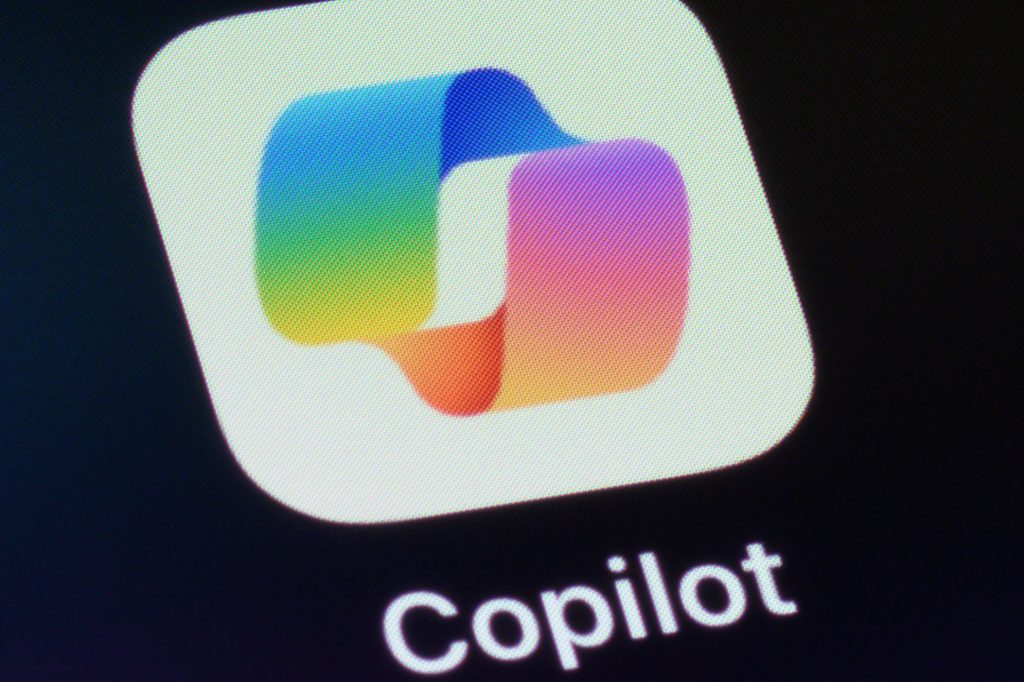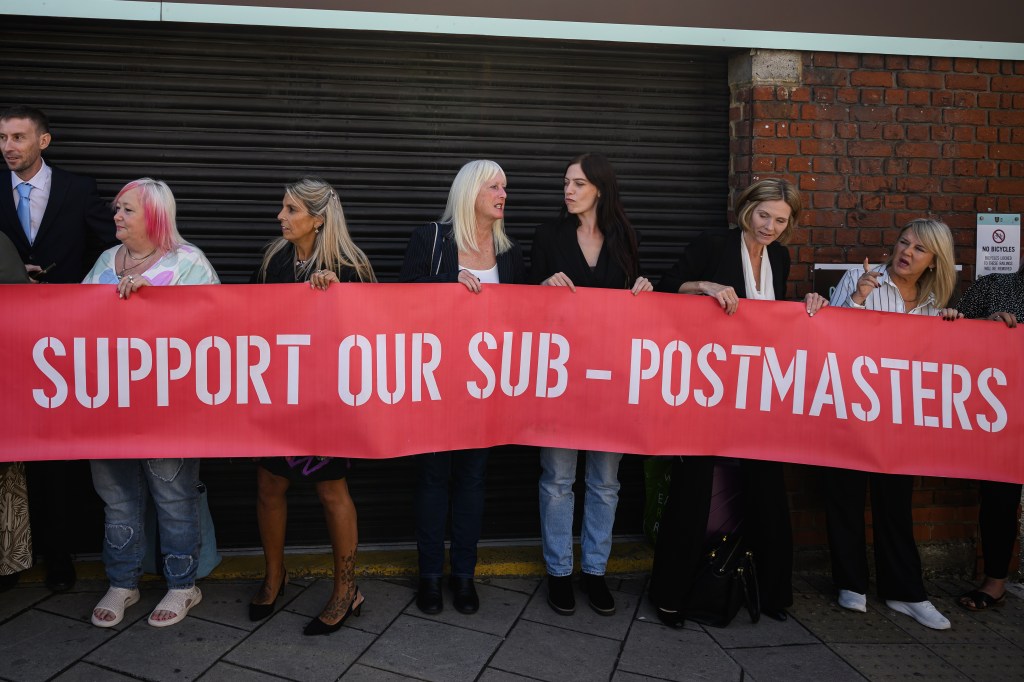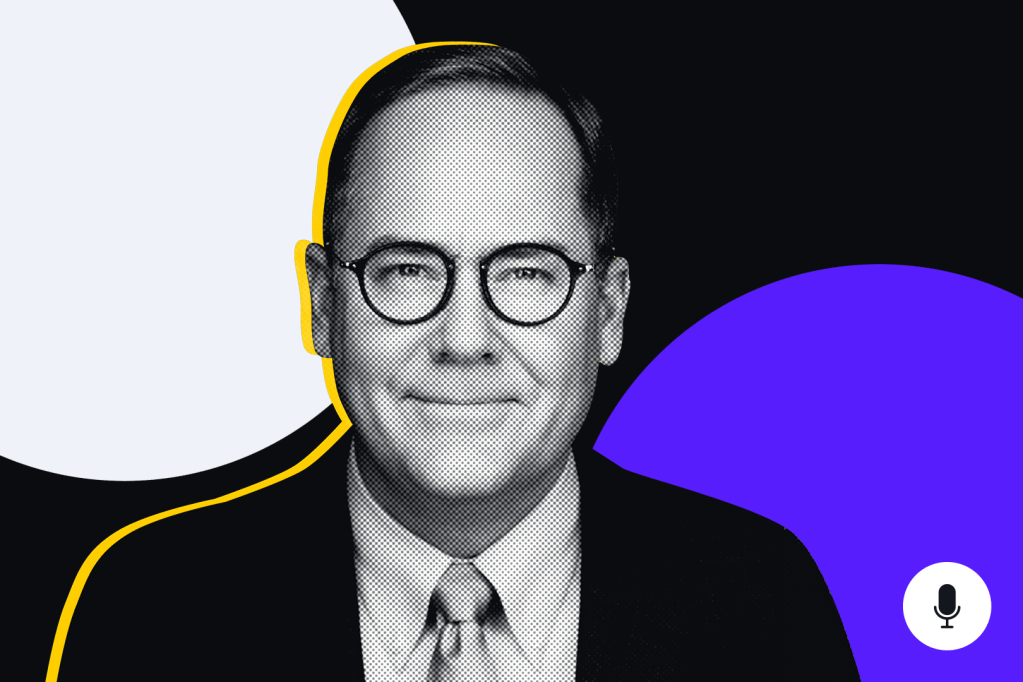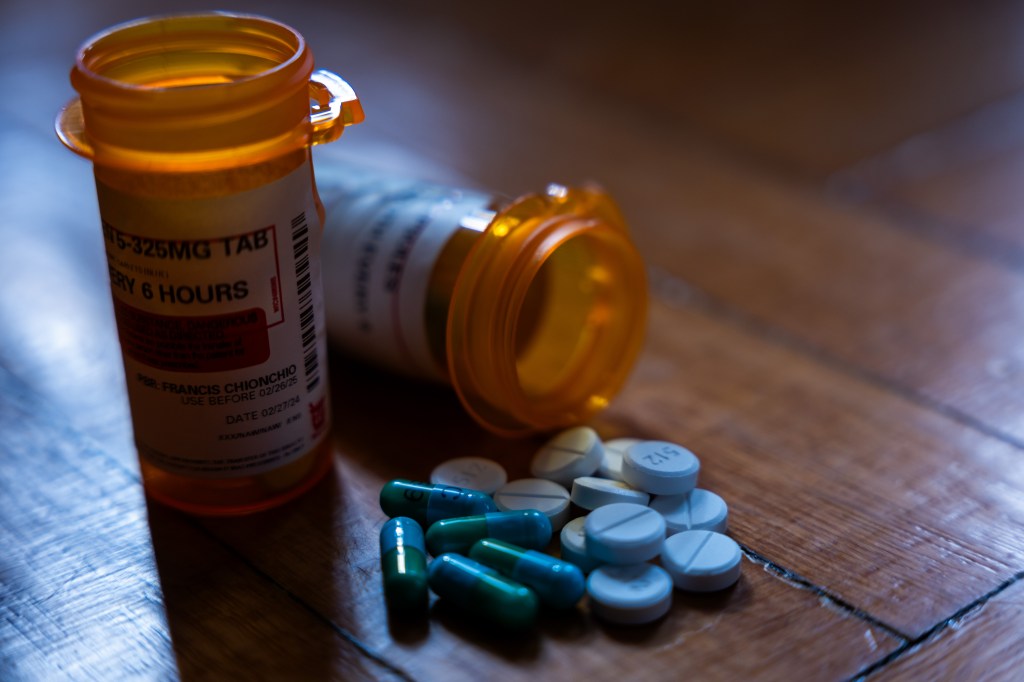The US Department of Justice (DOJ) announced the founder and a former chief clinician at Done Global were convicted in a San Francisco court of conspiring to distribute Adderall and other stimulants.
CEO Ruthia He, who founded the telehealth company, and former Clinical President David Brody were each found guilty for their roles in a $100m scheme to illegally distribute the prescription medication Adderall online and other healthcare fraud charges.
Each defendant was found guilty on two conspiracy counts and four counts of distributing controlled substances. He was also convicted on an obstruction charge.
He and Brody each face up to 20 years in prison on the conspiracy to distribute controlled substances and distribution of controlled substances counts. Sentencings will take place February 25, 2026.
The scheme
He and Brody were charged with conspiring to raise funds from investors and build a technology company by facilitating online access to over 40 million pills of Adderall and other stimulants for a monthly subscription fee.
According to the DOJ press release, the defendants spent over $40m on social media ads and tried to convince viewers “challenged by a lack of structure during the COVID-19 pandemic” that they had ADHD.
They also paid for targeted keyword search ads for individuals who wanted access to Adderall without a prescription.
The US Drug Enforcement Agency classifies Adderall as a Schedule II controlled substance because of its high potential for abuse and dependence.
Don’t worry about it
To enable the illegal prescriptions, He paid nurse practitioners upwards of $60,000 on a monthly basis to refill prescriptions without clinical interaction and implemented an auto-refill capability that let patients get prescriptions without talking to a doctor for years.
He told Done employees that technology companies profit from addiction, offering an “expensive luxury electric vehicle” to employees who followed his direction.
Similarly, Brody allegedly told nurses to keep prescribing Adderall, including to patients who were abusing other medications, and to ignore the possibility of going to jail.
Further, He and Brody also prevented patients from ending their subscriptions even when disconcerted family members told Done that “their children were suffering from bipolar, Adderall-induced psychosis, or other mental health conditions that could be worsened by continued prescriptions.”
To keep subscribers paying monthly fees, He, Brody, and others defrauded insurers so that Done Global customers could use insurance to pay for Adderall from pharmacies.
According to the DOJ press release, He, Brody, and others filed fraudulent prior authorization requests to insurers, which said that Done Global “followed the DSM-5 in diagnosing ADHD, utilized urine drug screens, and falsely claimed that non-stimulants had previously been tried without success.”
This resulted in Medicare, Medicaid, and commercial insurers paying out more than $14m.
Make Believe Asia
In an attempt to circumvent investigation, He moved operations to China, limiting her communications on company platforms, used encrypted messaging apps, and deleted incriminating files.
She also transferred over $1m to a Chinese shell company named Make Believe Asia and reportedly searched on the internet for nations that did not use extradition.
He was stopped by law enforcement while attempting to exit the country.
“This case represents one of the most egregious abuses of telehealth we’ve seen,” said Deputy Inspector General for Investigations Christian J Schrank of the US Department of Health and Human Services, Office of Inspector General (HHS-OIG).
“The defendants built a brazen business model based on addiction, deception, and disregard for patient safety — flooding the market with controlled substances while defrauding federal health care programs,” he added.
Done Global was not criminally charged and now runs the site donefirst.com.
Telehealth fraud schemes
The Done case is the first federal prosecution of alleged illegal drug distribution by a telehealth business, reports Reuters.
Since 2022, there have been a few notable policy and regulatory directives in the telehealth arena.
In July 2022, HHS-OIG announced in a special fraud alert that it had undertaken dozens of investigations of fraud schemes with companies claiming to offer telehealth, telemedicine, or telemarketing services to exploit “the growing acceptance and use of telehealth.”


